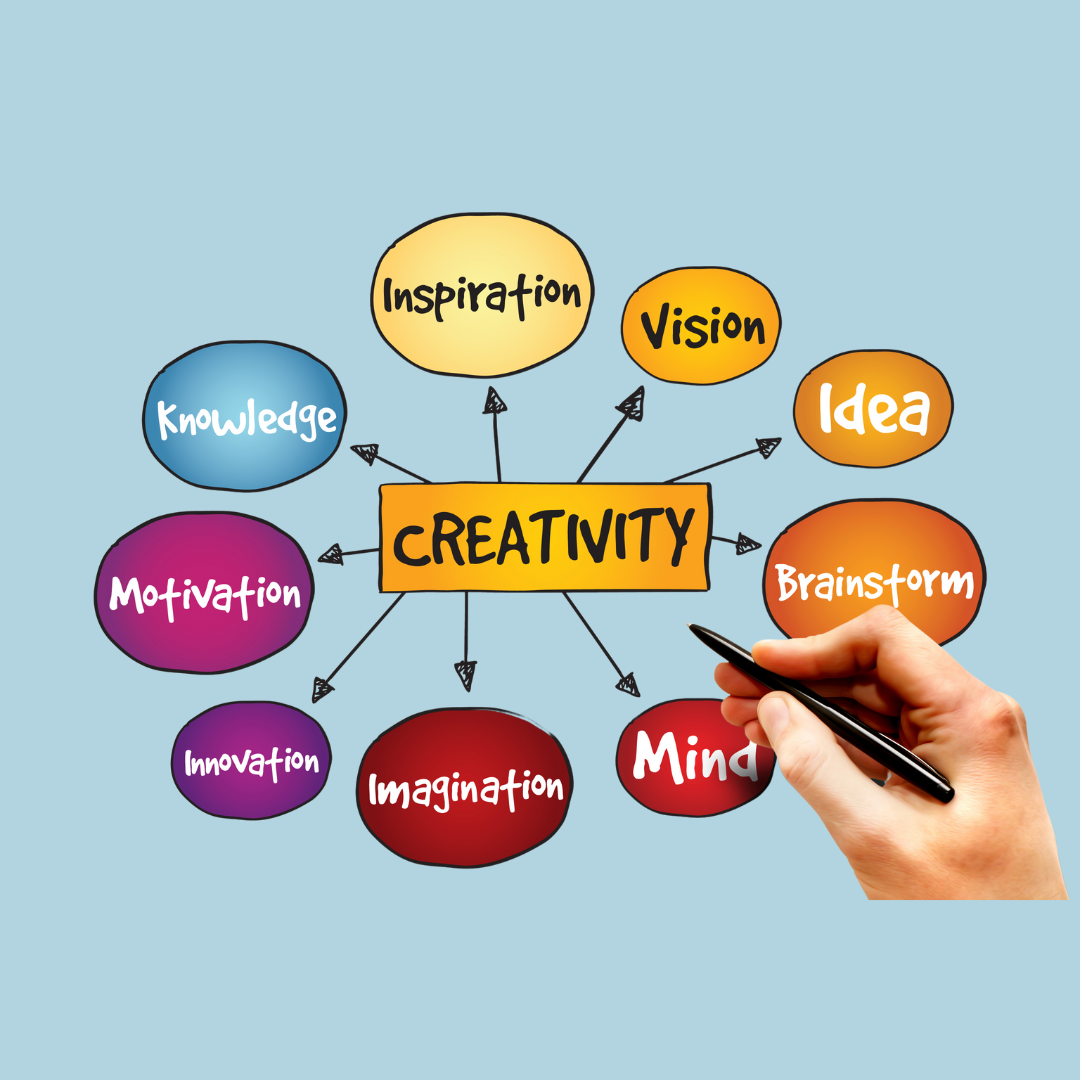How to be Creative

Creativity is not something only artists or inventors have it is a skill everyone can develop. Being creative means thinking in new ways, solving problems differently, and expressing ideas with imagination.
Here are some simple and effective ways to become more creative in your daily life :
-
Be curious about everything
Creativity begins with curiosity. Ask questions, explore how things work, and never stop learning. The more you know, the more ideas your brain can connect in unique ways. -
Try new experiences
Step outside your routine. Travel to new places, taste new foods, read different genres, or try a new hobby. Fresh experiences give your mind new materials to work with and inspire original thoughts. -
Keep a journal or idea notebook
Write down your thoughts, dreams, and random ideas. Even small notes can spark big creative projects later. Sketch, doodle, or jot down anything that comes to mind your notebook becomes a treasure chest of imagination. -
Don’t fear mistakes
Many people stop being creative because they’re afraid of failing. But mistakes are part of the creative process. Every failure teaches you something new and brings you closer to a great idea. -
Surround yourself with inspiration
Creativity grows in a positive and inspiring environment. Listen to music, watch movies, visit art galleries, or talk to creative people. Inspiration often comes when you least expect it. -
Take breaks and relax
Sometimes the best ideas appear when you’re not forcing them. Go for a walk, listen to nature, or meditate. A calm mind can connect ideas more freely and clearly. -
Collaborate and share ideas
Talk with people who think differently from you. Teamwork sparks creativity because everyone brings unique viewpoints. A single idea can grow into something amazing through discussion. -
Challenge yourself
Set creative goals write a poem, design something, or come up with a new solution to a problem. Challenges push you to think beyond your comfort zone. -
Limit distractions
Turn off your phone or step away from social media when working on something creative. A quiet mind can focus deeply and produce more meaningful ideas. -
Believe in your creativity
Everyone has creative potential. Don’t compare yourself to others. Trust your imagination, express your thoughts freely, and enjoy the process of creating.
Another important part of creativity is allowing yourself to make mistakes. Many people hold back their creative ideas because they fear judgment or failure. But creativity thrives on experimentation. The world’s most innovative inventions, art, and ideas were born from trial and error. Instead of striving for perfection, focus on the process of exploring and improving. Each mistake teaches you something new and leads you closer to a great idea.
To nurture creativity, you also need to give your mind time and space to think freely. In a world full of distractions, constant noise, and schedules, our minds rarely get time to wander. Yet, some of the best ideas come when we are relaxed like during a walk, a shower, or quiet reflection. That’s why it’s important to take breaks, daydream, and let your thoughts flow without pressure.
Practicing creative activities regularly can also help. Try drawing, journaling, playing music, or brainstorming solutions to everyday problems. You don’t have to be perfect at any of these the goal is to train your brain to think differently and express ideas more fluidly. Another great way to enhance creativity is through collaboration. Working with others allows you to combine perspectives, build on each other’s ideas, and see things you might have missed alone.
Your environment also plays a big role in your creativity. Surround yourself with things that inspire you colors, quotes, nature, or even a tidy workspace. A positive and stimulating environment encourages your mind to explore new ideas. Moreover, limit negative self-talk. Believing that you are not creative blocks your potential. Creativity grows when you trust yourself, stay open-minded, and stay patient with the process.
Lastly, keep learning. The more knowledge and experiences you collect, the more your brain can connect seemingly unrelated ideas in unique ways. Travel, read, experiment, and never stop exploring every new piece of information adds fuel to your imagination.
Conclusion
Being creative is not just a talent it’s a skill that can be developed with curiosity, imagination, and an open mind. Creativity grows when you explore new ideas, take risks, and allow yourself to think differently without fear of being wrong. It’s about connecting unrelated things, seeing possibilities where others see problems, and expressing yourself in unique ways. By staying curious, observing the world around you, and practicing creativity daily, you can unlock your inner genius. In the end, to be creative is to be brave enough to dream, experiment, and bring fresh ideas to life because creativity is the key to innovation, growth, and true self-expression.